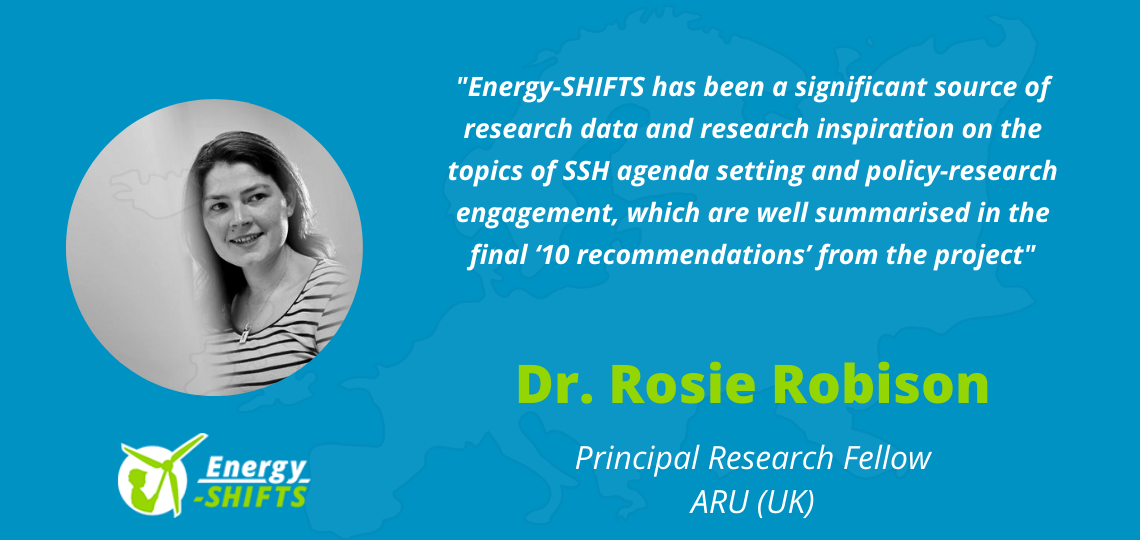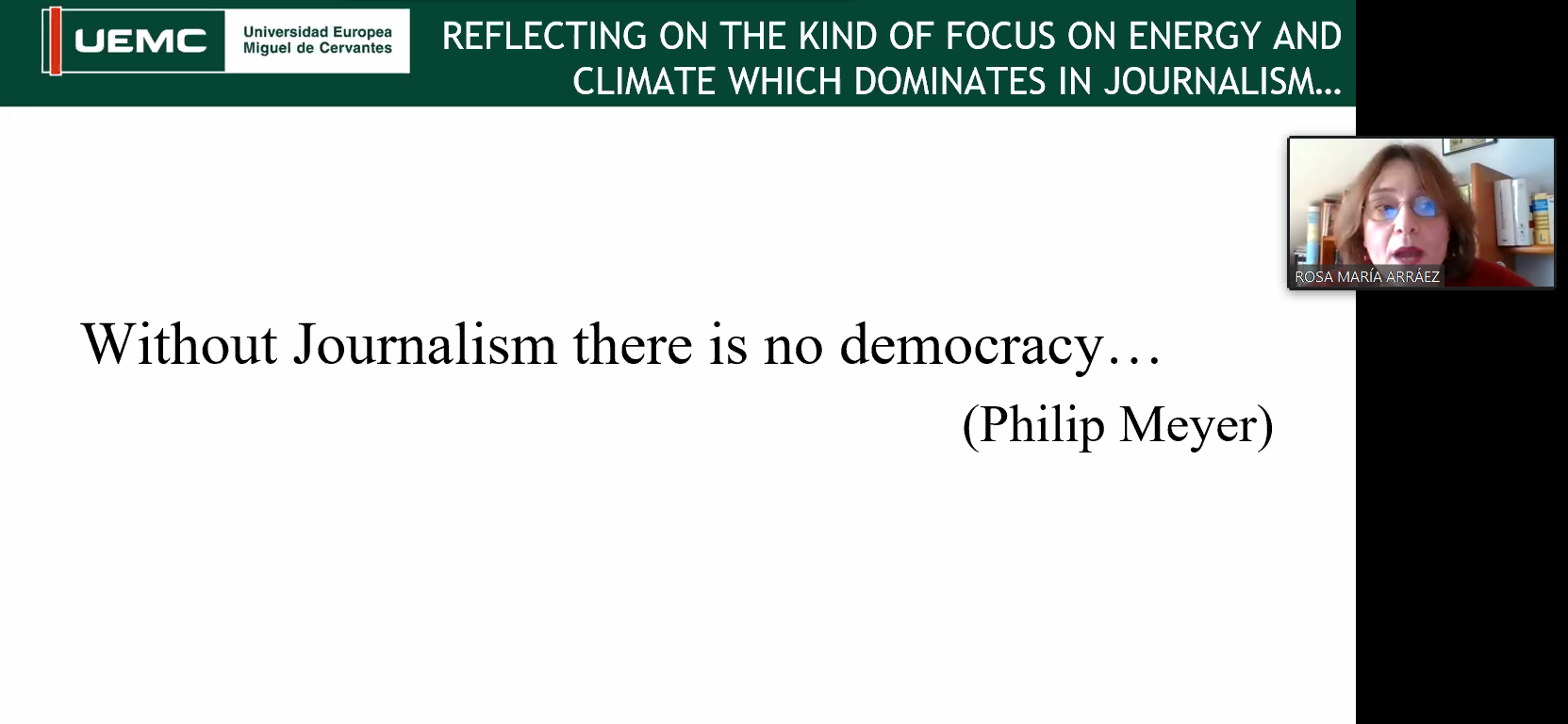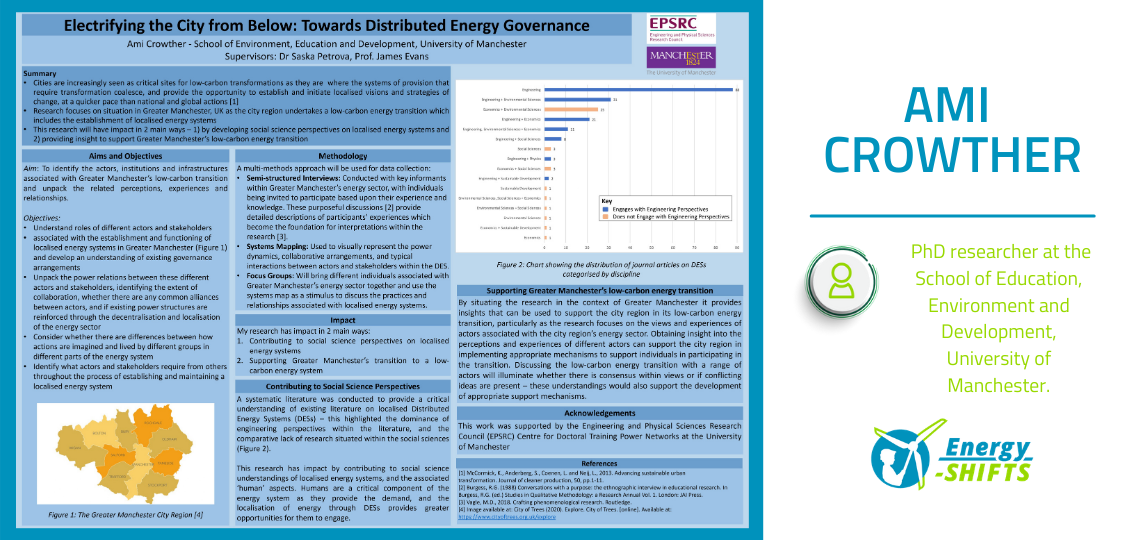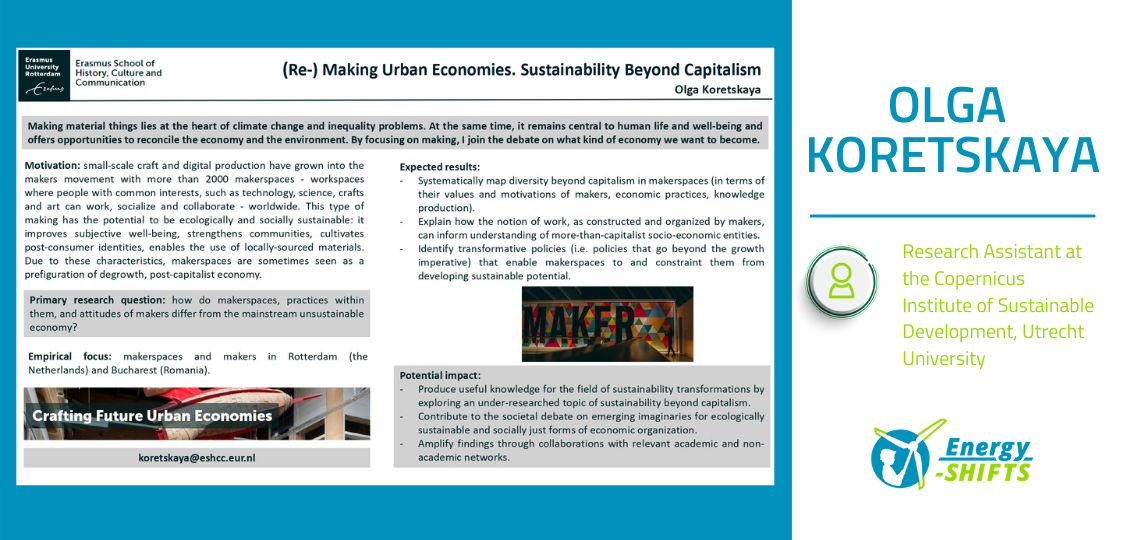Energy-SHIFTS partner Jagiellonian University led our four citizen debates, and they present lessons learnt in this blogpost.
What are the Citizen Debates? And How we have managed to launch them
The Energy-SHIFTS project aims to disseminate knowledge about the role of society in the energy transition to policymakers, activists, other researchers, but also the general public. Particularly targeting this final audience, we therefore launched four online debates in Autumn 2020 which more than 60,000 ‘internauts’ were involved in via viewing and/or commenting.
Each of the four debates centred on a key question which were designed to be thought-provoking. We asked: Should the economic recovery plan prioritise renewables? Should poor families be given energy-saving technology for free? Should Europe invest in electric vehicle-based public transport? Would you mind if an algorithm switches off your light?
The Debating Europe platform allowed us to begin the conversations using short introductory videos from policymakers and experts. Debates were disseminated on social media and we especially invited young Europeans to comment on the questions and expert opinions. Whilst we understand the limitations of this method – it cannot be treated as a deliberation process for example – it has potential to inspire new thinking about energy issues.
We believe that, especially in the era of fake news and simplifications, there is a need to support citizen discussions with verified and nuanced information, promoting reflexive and evidence-based thinking.
What did we learn? What are we afraid of?
Responses to the renewables debate showed us a desire to consider energy justice and ensuring that the transition towards decarbonisation will be just. Other issues raised included a concern about the possible harmful consequences of the shift towards renewables: the change of the landscape, higher prices of energy. Some also felt that the only solution is nuclear energy, not renewables.
The second debate also highlighted the topic of energy justice and just transition. However, when we it came to the concrete case of support for low-income families, voices were divided. Questions included who the lower-income families are, do they need help and if yes, whether they will accept it and use those energy-efficient technologies. Some also asked whether governments can afford this?
The third debate concerning the electrification of public transport showed interest in the role of hydrogen in transportation. Many of the responses concerned the role of hydrogen in future public transportation. Some even felt we should go straight to hydrogen and not think about other technologies.
The last debate concerned the questions of smart technologies, artificial intelligence, and energy efficiency. The vision of an energy efficiency algorithm that switches off our lights awoke fears of artificial intelligence (AI) that takes over our lives.
Overall then, it is interesting to note that across the debates a number of the responses reflected anxieties or fears respondents had about how future changes may impact negatively on themselves or others.
Can citizen debates disseminate scientific knowledge and help us understand patterns of thinking?
Citizen debates can be a mechanism for disseminating scientific knowledge. The majority of the users watched the initial materials and read the prepared text but didn’t join the discussion section. This shows that an exciting topic, and a thought-provoking question, can raise awareness of the wider public.
However, we need to be aware of the limitations of any tool such as this. Not everyone is willing to actively join such a debate. These topics may have been more likely to attract comments from those who already have some knowledge, meaning it missed other voices. Not all voices (due to anonymity) can be taken as accurate. People may also be less willing to write extensive commentaries than if they were involved in a live debate. Language can also be a problem – not everybody has appropriate communication skills to understand material prepared in English (we allowed comments in the national language). It is better when the content is prepared in different languages, which could facilitate the discussion. Finally, not everyone has an internet connection.
This tool therefore has significant potential, it is important to adjust it appropriately for a particular topic and audience. Being informed is crucial to being an active citizen, and citizen debates can help support this process.







